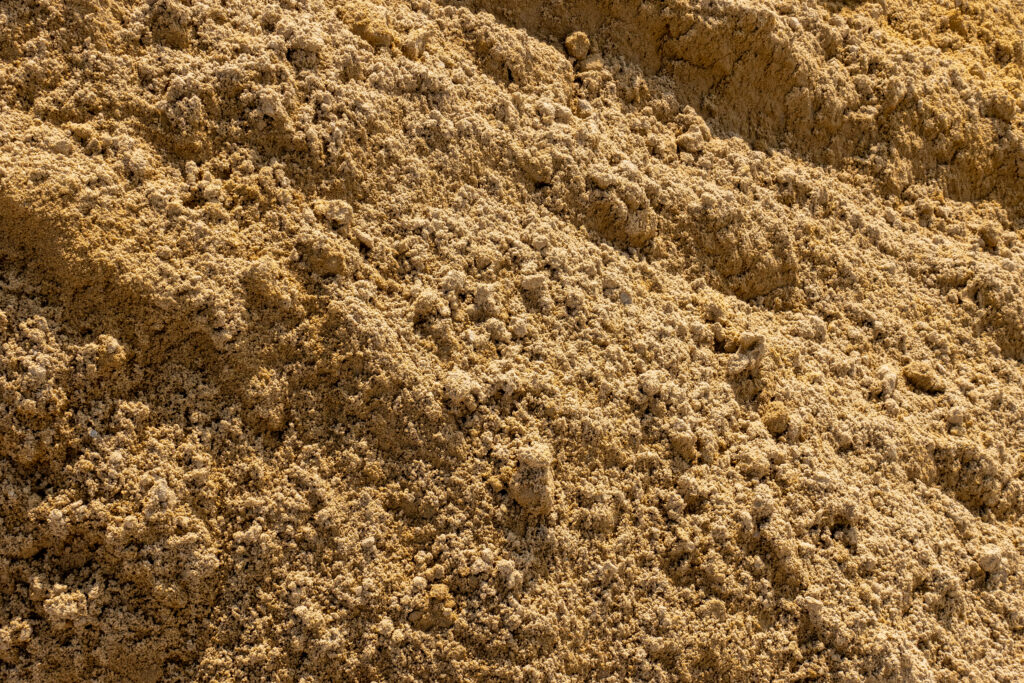Learn All About Industrial Sand
Industrial Sand
An indispensable ingredient.
An indispensable ingredient.

Industrial sand is an indispensable ingredient in the production of thousands of everyday products.
Industrial sands are high purity-silica products with closely controlled sizing. Silica is the name given to a group of minerals composed solely of silicon and oxygen (SiO2), the two most abundant elements in the earth’s crust. It exists in many different shapes and crystalline structures.
Quartz [JM1] [JM2] is the most common silica crystal and the second most common mineral on the earth’s surface. It is found in almost every type of rock: igneous, metamorphic, and sedimentary. While quartz deposits are abundant, high purity and commercially viable deposits occur less frequently. Silica sand deposits are most commonly surface-mined in open pit operations, but dredging and underground mining are also employed. Extracted ore undergoes considerable processing to increase the silica content by reducing impurities. It is then dried and sized to produce the optimum particle size distribution for the intended application.
Silica is hard, chemically inert, and has a high melting point, attributable to the strength of the bonds between the atoms. These are prized qualities in applications like foundries and filtration systems. Quartz may be transparent to translucent and has a vitreous luster, hence its use in glassmaking and ceramics.

Wait there’s more! Click below to learn about the rest of our essential minerals.